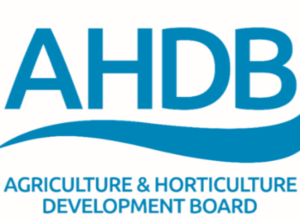Brazilian Meat Giants Marfrig and BRF Merge
Brazilian Meat Giants Marfrig and BRF Merge to Form MBRF, Rivaling JBS
Two of Brazil’s largest animal protein companies, Marfrig Global Foods and BRF, have finalized their merger details, creating a new powerhouse named MBRF. The deal, completed on May 15th, combines Marfrig’s strong presence in the beef sector with BRF’s extensive chicken and pork operations.
Marfrig had been steadily increasing its stake in BRF since 2021, culminating in a 50.5% ownership share prior to the merger. The newly formed MBRF is projected to have annual sales of $26.75 billion, positioning it as a significant competitor to Brazil’s leading meat processor, JBS.
Similar to JBS, Marfrig has established operations in the United States, holding an 82% stake in National Beef Packing Co. The merger will bring National Beef under the MBRF umbrella, further solidifying its presence in the crucial North American market. Marfrig previously owned Keystone Foods before its sale to Tyson in 2018.
While shareholder approval is still required at a meeting scheduled for June 18th, it is widely anticipated given Marfrig’s majority ownership.
MBRF’s CFO, as quoted by Reuters, indicated that the new entity may consider a U.S. stock market listing in the future, a move JBS has also frequently hinted at pursuing.
Local reports suggest that this significant consolidation within the Brazilian meat industry will further strengthen Brazil’s position as a key meat supplier to China, a crucial export market for both Marfrig and BRF.
Original source: Foodprocessing.com
